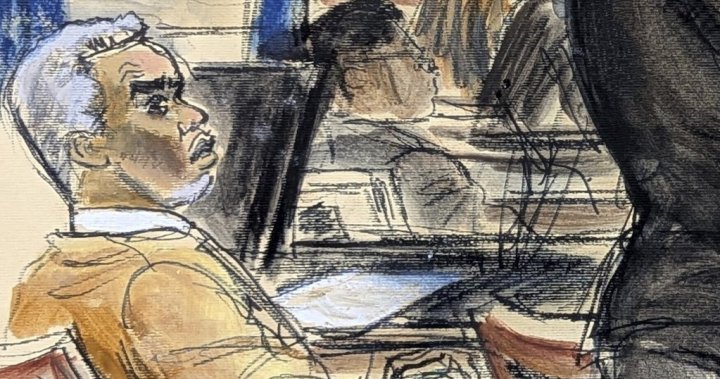Sean “Diddy” Combs was found guilty of two counts of transportation to engage in prostitution following a high-profile 10-week federal trial in New York. He was acquitted of more severe charges, including racketeering conspiracy and sex trafficking, which carried harsher penalties. Despite the partial acquittal, the judge ordered Combs to remain in custody pending sentencing, citing concerns over a history of violence and evidence seized during a Homeland Security raid. His legal team criticized the prosecution’s case as exaggerated, arguing that consensual adult activities were wrongly criminalized. The case leaves Combs facing potential prison time, ongoing civil lawsuits, and significant professional challenges.
Sean “Diddy” Combs’ trial captured national attention as the courtroom proceedings unfolded over a span of ten weeks in New York. The prosecution presented a series of allegations linking the billionaire music mogul to a prostitution ring, alleging that he facilitated the transportation of individuals for the purposes of engaging in prostitution. The jury carefully considered these claims and ultimately convicted Combs on two counts of transportation to engage in prostitution.
Despite the convictions, Combs was acquitted of the more serious charges of racketeering conspiracy and sex trafficking. These charges carried substantially harsher penalties and involved accusations that Combs orchestrated a coordinated criminal enterprise. The acquittal on these counts relieved him of some of the more severe legal ramifications, though the transportation convictions still implicate significant legal consequences.
Judge Orders Combs to Remain in Custody
Following the verdict, the presiding judge made the decision to keep Combs in custody awaiting sentencing. Concerns cited by the judge included Combs’ alleged prior history of violence as well as evidence uncovered during a raid conducted by Homeland Security authorities. This decision means that Combs is currently not free on bail, highlighting the seriousness with which the court is treating the case.
Defense Response
Combs’ legal team issued statements strongly criticizing the prosecution’s approach. They argued that the government exaggerated the nature of the activities involved and mistakenly classified what they described as consensual adult behavior as criminal acts. The defense emphasized that these consensual interactions should not be equated with sex trafficking or racketeering, contending that the case represented an overreach of legal authority.
Ongoing Legal and Professional Implications
Looking ahead, Combs faces the prospect of a significant prison sentence resulting from the transportation convictions. Additionally, multiple civil lawsuits related to the allegations remain underway, potentially compounding both the financial and reputational impact on Combs’ career. This situation poses serious challenges to his professional endeavors and public image within the entertainment industry and beyond.
Context and Background
The case against Sean “Diddy” Combs has unfolded at a time of heightened focus on criminal exploitation and trafficking in the United States. Federal authorities have increased efforts to tackle complex criminal networks involving prostitution and trafficking, making prosecutions such as this more prominent in the national conversation. The mixed verdict reflects judicial nuance in distinguishing between different levels of criminal conduct and evidentiary thresholds.
As this developing story continues, updates regarding sentencing, appeals, and related civil matters are anticipated. The outcome of these subsequent legal phases will further clarify the long-term consequences for Combs.
In conclusion, the verdict in Sean “Diddy” Combs’ trial marks a significant moment in an extensively scrutinized legal battle. While the acquittal on the most severe charges offers some relief, the convictions for transportation to engage in prostitution carry serious legal ramifications and have resulted in Combs being held in custody pending sentencing. The case exemplifies the complexities involved in prosecuting allegations linked to prostitution and trafficking, highlighting a judicial effort to carefully differentiate levels of culpability. Looking forward, Combs faces considerable challenges, including potential imprisonment, ongoing civil litigation, and substantial impacts on his professional reputation. As developments continue, further legal proceedings and appeals will shape the ultimate resolution of this high-profile matter.

